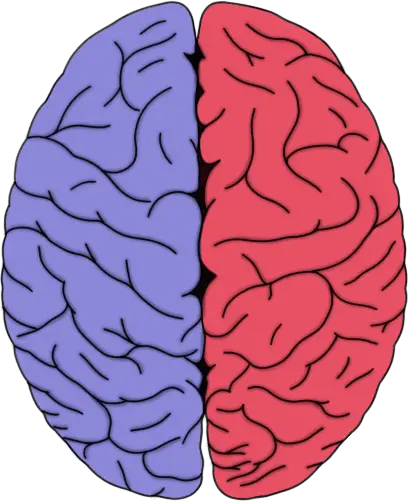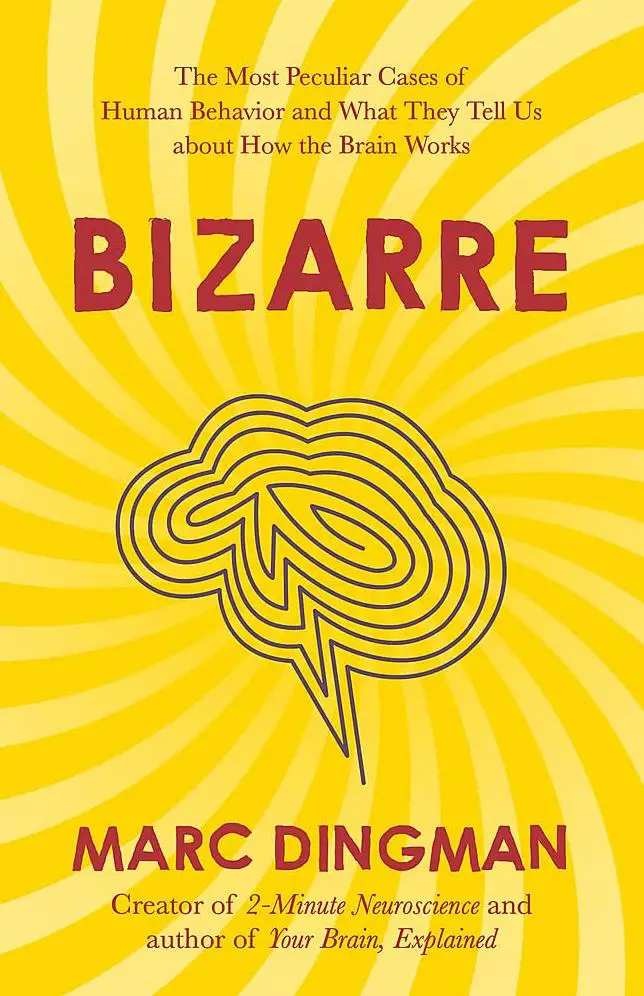Dear CNRS: That mouse study did not "confirm" the neurobiological origin of ADHD in humans
Late last week the French National Centre for Scientific Research (CNRS - the acronym is based on the French translation) put out a press release describing a study conducted through a collaboration between several of its researchers and scientists from The University of Strasbourg. CNRS is a large (30,000+ employees), government-run research institution in France. It is the largest research organization in Europe, and is responsible for about 1/2 of the French scientific papers published annually.
The study in question, conducted by Mathis et al., investigated the role of a brain region called the superior colliculus in disorders of attention. The superior colliculus, also known as the tectum, is part of the brainstem. It is strongly connected to the visual system and is thought to play an important role in redirecting attention to important stimuli in the environment. For example, imagine you are sitting in your favorite coffee shop quietly reading a book, when someone in a gorilla suit barges in and runs through the middle of the room. You would likely be surprised and you would, somewhat reflexively, direct your attention towards the spectacle. This rapid shift in attention would be associated with activity in your superior colliculus.
It has been proposed that individuals who suffer from disorders like attention-deficit hyperactivity disorder (ADHD) may experience increased activity in the superior colliculus, which causes rapid, uncontrolled shifts of attention. Mathis et al. investigated the role of the tectum in attention using mice with a genetic abnormality that makes the superior colliculus hypersensitive.
The researchers exposed mice with this defect to a series of behavioral tests. They found that the mice performed normally on tests of visual acuity, movement, and sensory processing. However, the mice seemed to be less wary than control mice of entering areas of bright light (usually something mice avoid as open spaces make them vulnerable to attacks from natural predators). Additionally, the mice performed worse on a task that required them to inhibit impulses. These abnormalities in behavior were associated with increased levels of the neurotransmitter norepinephrine in the superior colliculus.
The authors of the study mention that their work supports the hypothesis that superior colliculus overstimulation is a contributing factor in ADHD. I have no qualms with the verbiage used in the paper, but CNRS's press release about the study is titled "Confirmation of the neurobiological origin of attention-deficit disorder" and they state in the article: "A study, carried out on mice, has just confirmed the neurobiologial origin of attention-deficit disorder (ADD)..."
When it comes to psychiatric disorders without a clearly defined molecular mechanism (which is almost all of them), it is improbable that a finding in mice can confirm anything in humans. Our understanding ADHD in humans is limited. We have no objective diagnostic criteria; instead we base diagnosis on observable and self-reported symptoms.
If our understanding of a disorder in humans is based primarily on symptomatology (as opposed to the underlying pathophysiology), then it makes the results of experiments that use animals to model the disorder more difficult to interpret. For, if we don't know what molecular changes we can expect to see as a correlate of the disease (e.g. senile plaques in Alzheimer's), then we are resigned to trying to match symptoms of mice with symptoms of men. In this type of situation where we don't know the true pathophysiology, we can never be sure that the symptoms we are seeing in mice and those we are seeing in men have an analogous biological origin.
Thus, when it comes to psychiatric disorders, translating directly from animals to humans is difficult. In the case of ADHD, because the biological origins of the disorder are still mostly unknown, animal models can be used as a means to explore the neurobiology of a similar manifestation of symptoms in the animal. They can't, however, be used to "confirm" anything about the human disorder. In this case, CNRS drastically overstated the importance of the study. Of course, the wording used by CNRS in their initial press release was also found on dozens of other media outlets after they picked up the story.
Do I doubt that ADHD has a neurobiological origin? No. But the study by Mathis et al. did not confirm that it does. CNRS, as an institution of science, should be more careful about the claims they make in their communications with the public.
Mathis, C., Savier, E., Bott, J., Clesse, D., Bevins, N., Sage-Ciocca, D., Geiger, K., Gillet, A., Laux-Biehlmann, A., Goumon, Y., Lacaud, A., Lelièvre, V., Kelche, C., Cassel, J., Pfrieger, F., & Reber, M. (2014). Defective response inhibition and collicular noradrenaline enrichment in mice with duplicated retinotopic map in the superior colliculus Brain Structure and Function DOI: 10.1007/s00429-014-0745-5


